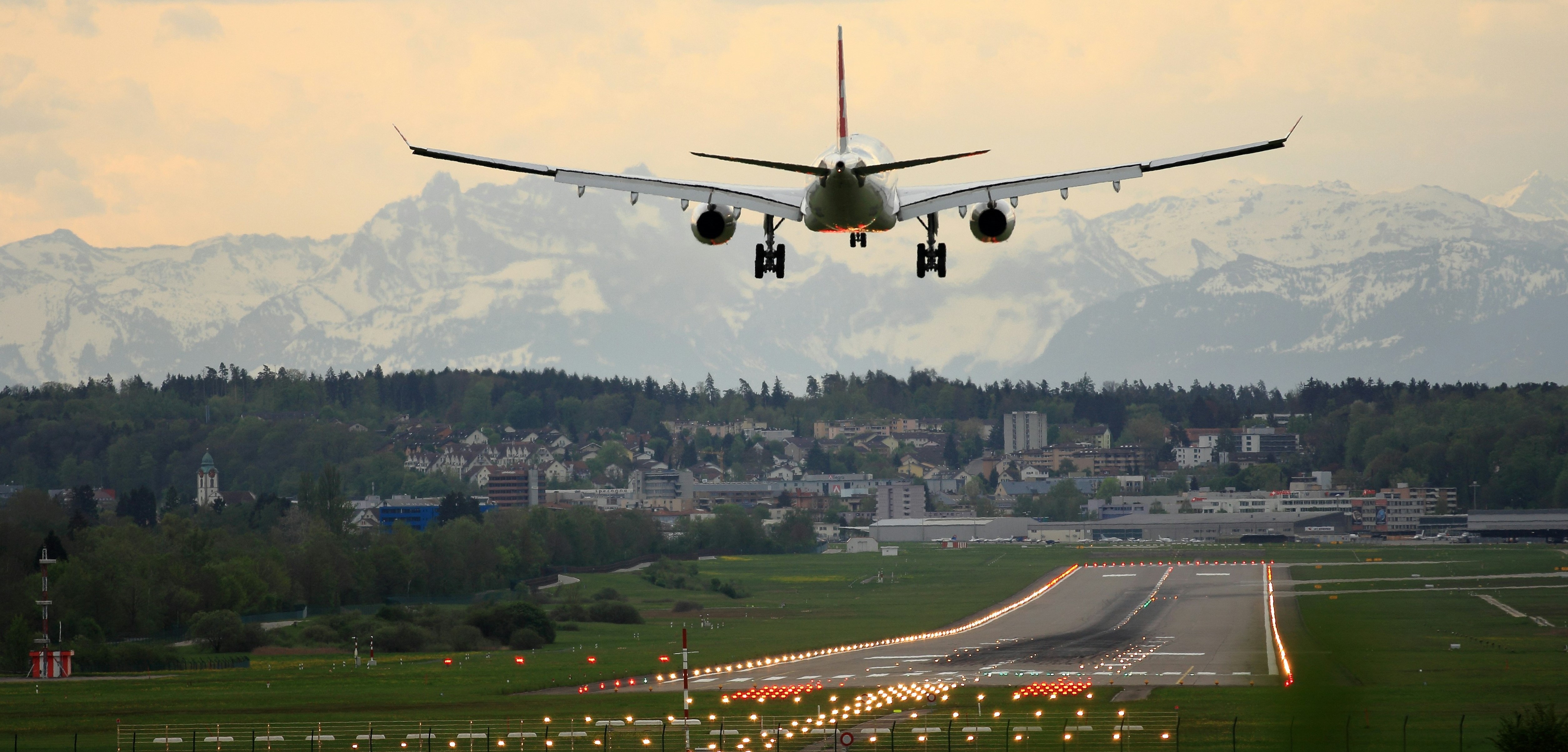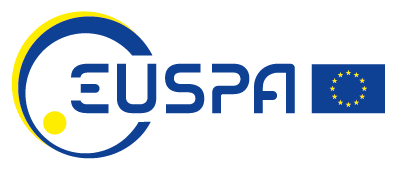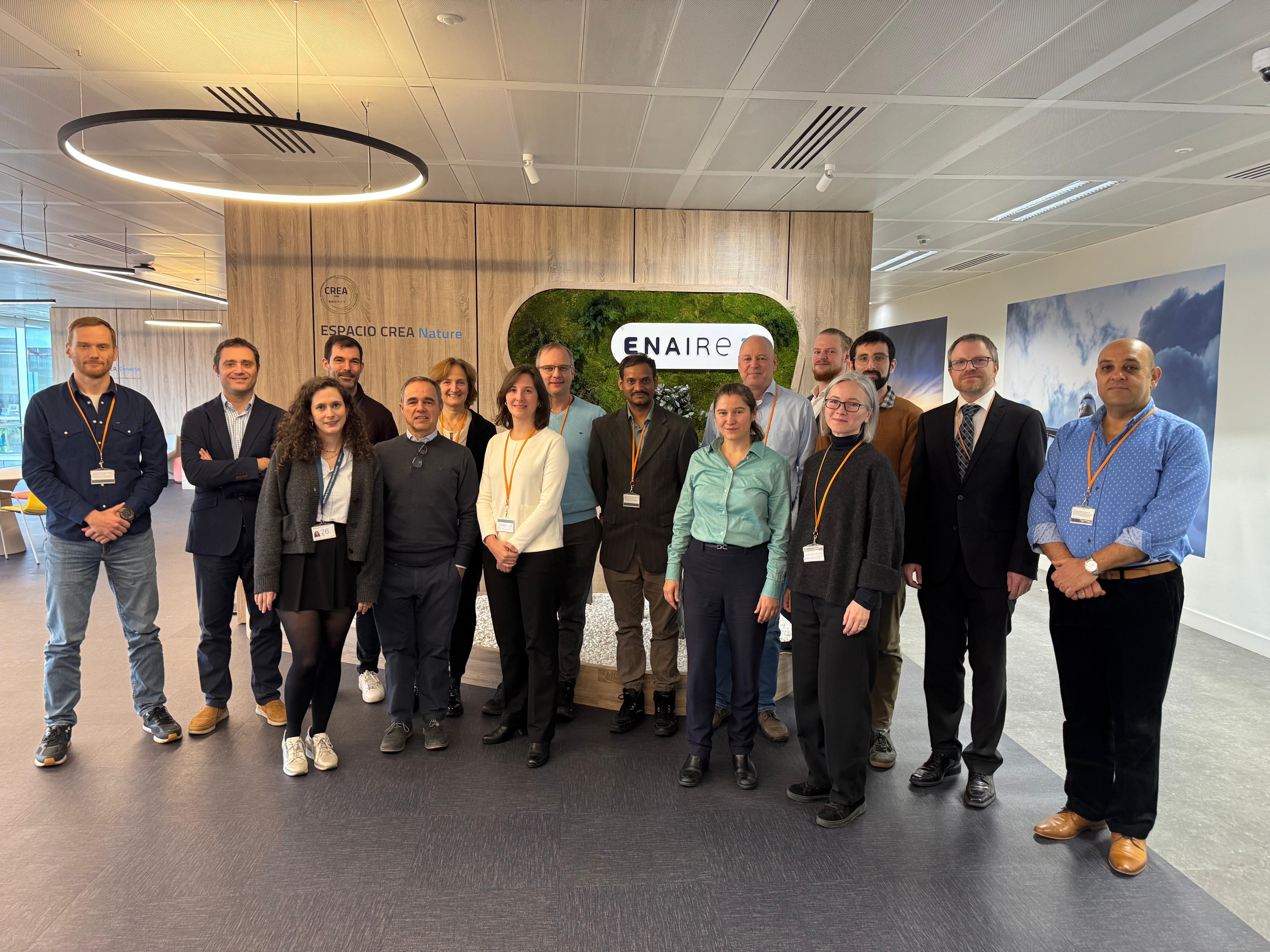




Past events:
- EUROCAE WG28
8-9 of October, 2024
- NEXT ICAO NSP
April, 2025
- INTERNATIONAL GBAS WORKING GROUP 2025
Summer, 2025
- ION GNSS+2025 SPACE WORLD 2025
8-12 of September, 2025
EDGAR – An EU initiative for more efficient and sustainable air traffic
EGNSS DFMC for GBAS based operations (EDGAR) is an initiative aimed at contributing towards the development of an improved, more reliable, and accurate GBAS solution that responds, on the one hand, to the increasing demand for enhanced approach and all-weather operations in the ever-growing volume of air operations; and on the other hand, to sustainability requirements towards the compliance with EU Green Deal objectives.
The project is funded by the HORIZON-EUSPA-2022-SPACE-02-51, within the call "Strategic autonomy in developing, deploying and using global space-based infrastructures, services, applications and data"


Addressing Aviation Challenges
Despite recent challenges faced by the aviation industry, including the impact of COVID-19, there's a steady recovery underway. As demand continues to grow, airports must embrace efficient technologies and digitalization to meet evolving needs. EDGAR leverages European space infrastructures like EGNSS to enhance air operations, benefiting all stakeholders, including passengers.
Moreover, this project pursues to contribute to the goal of an early Dual-Frequency Multi-Constellation, or DFMC, GBAS solution that might support more stringent operations and increased robustness, thus rendering benefits to the aviation community.
Commitment to Sustainability
DFMC GBAS development contributes to industry commitments to achieve Net Zero emissions by 2050. Facilitating the introduction of advanced procedures, such as continuous descents and curved segments, EDGAR aims to contribute to the reduction in fuel consumption, emissions, and noise pollution around airports.

About GBAS
Ground-Based Augmentation System (GBAS) enhances Global Navigation Satellite Systems (GNSS) by providing precise corrections and integrity data to aircraft. This technology ensures accurate navigation solutions, particularly during critical phases like approach, landing, and take-off, even in adverse weather conditions.
Key Concepts
- DFMC GBAS: Dual-Frequency Multi-Constellation GBAS offers improved availability and robustness for Category II/III operations by leveraging dual-frequency techniques and multiple satellite constellations.
- GAST Evolution: We're driving the evolution of GBAS Approach Service Types (GAST) to support advanced landing operations, including CAT III, through convergence and standardization efforts at the ICAO level.
Collaborative Approach
EDGAR brings together a diverse consortium of stakeholders, including Air Navigation Service Providers, Research Centers, Universities, and Manufacturers. This collaboration ensures comprehensive development and adoption of cutting-edge GBAS solutions.
Join us on our mission to transform aviation through innovation and sustainability. Explore our website to learn more about EDGAR, our objectives, partners, and the latest advancements in GBAS technology.

-
 EDGAR Successfully Comes to an End providing Key Advancements Towards GBAS DFMC
EDGAR Successfully Comes to an End providing Key Advancements Towards GBAS DFMCOn December the 10 2025, the European GNSS Dual-Frequency/Multi-Constellation for GBAS Based Operations (EDGAR) project team submitted their final deliverables. This milestone highlights the significant achievements made over EDGAR’s two-year duration and paves the way to complete DFMC GBAS development.
-
 The development of a Dual-Frequency/Multi-Constellation GBAS system is moving forward – EDGAR passed recently its halfway point
The development of a Dual-Frequency/Multi-Constellation GBAS system is moving forward – EDGAR passed recently its halfway pointOn March 6th – 7th, 2025, barely a year after the beginning of the project, the EGNSS Dual-Frequency/Multi-Constellation for GBAS Based Operations (EDGAR) team meets in Madrid to discuss on the many contributions already achieved within EDGAR, and on the way forward to capitalize them.
-
 DLR hosts EDGAR progress meeting
DLR hosts EDGAR progress meetingLast October 9th and 10th, EDGAR team meet at the German Aerospace Center (DLR) headquarters in Oberpfaffenhofen (Germany), to make a point on the project status.
During those 2 days of meeting, the team was able to discuss in deep about the technical major aspects of GBAS GAST-E developments, about the research and scientific papers under development, and agree on the next steps to be followed to ensure a success project.
The team was also invited to visit the anechoic chamber at DLR center. This chamber is used to test the MLA antennas used in the GBAS systems, guaranteeing their accuracy and reliability in real environments.
-
 A step closer to a Dual-Frequency/Multi-Constellation GBAS system – EDGAR Project Kicks off
A step closer to a Dual-Frequency/Multi-Constellation GBAS system – EDGAR Project Kicks offOn January 31 st , 2024, the EGNSS Dual-Frequency/Multi-Constellation for GBAS Based Operations EDGAR) project kicked-off at ENAIRE HQs in Madrid.
The Project, partially funded by EUSPA (European Union Agency for the Space Programme) under the Horizon Europe programme of the EU, aims at contributing towards the development of an improved, more reliable, and accurate GBAS solution that responds, on the one hand, to the increasing demand for enhanced approach and all-weather operations in the ever-growing volume of air operations; and on the other hand, to sustainability requirements towards the compliance with EU Green Deal objectives.
Being GBAS an enabler of enhanced approach and optimised descent operations permits the reduction of noise footprints, fuel consumption and emissions, thus contributing to greener flights.
Moreover, this project pursues to contribute to the goal of an early Dual-Frequency Multi-Constellation, or DFMC, GBAS solution that might support more stringent operations and increased robustness, thus rendering benefits to the aviation community.

